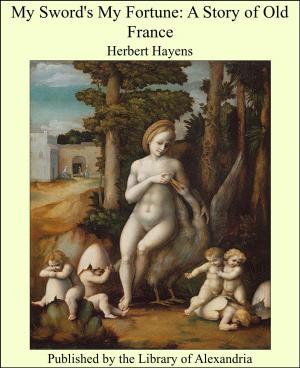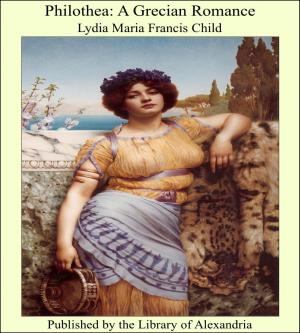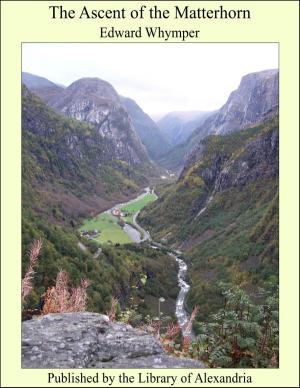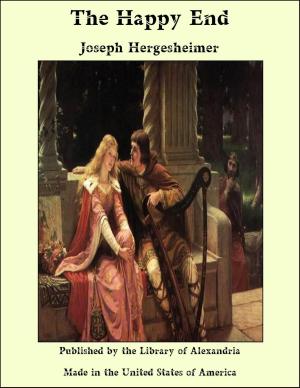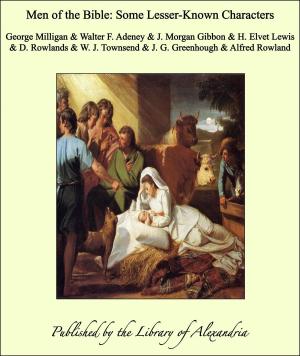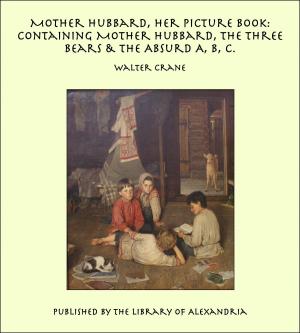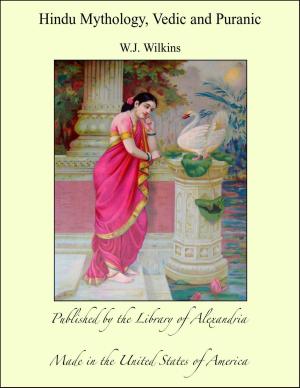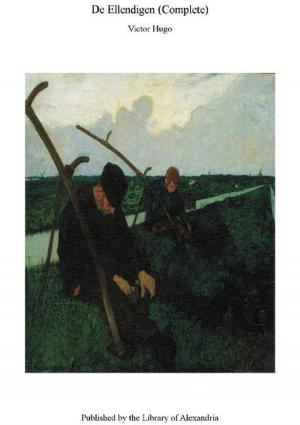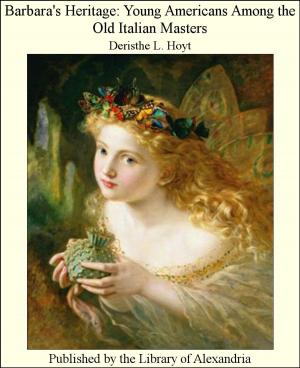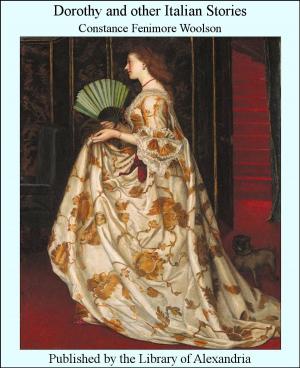Maria Chapdelaine; A Tale of the Lake St. John Country
Nonfiction, Religion & Spirituality, New Age, History, Fiction & Literature| Author: | Louis Hemon | ISBN: | 9781465531667 |
| Publisher: | Library of Alexandria | Publication: | March 8, 2015 |
| Imprint: | Language: | English |
| Author: | Louis Hemon |
| ISBN: | 9781465531667 |
| Publisher: | Library of Alexandria |
| Publication: | March 8, 2015 |
| Imprint: | |
| Language: | English |
PERIBONKA Ite, missa est The door opened, and the men of the congregation began to come out of the church at Peribonka. A moment earlier it had seemed quite deserted, this church set by the roadside on the high bank of the Peribonka, whose icy snow-covered surface was like a winding strip of plain. The snow lay deep upon road and fields, for the April sun was powerless to send warmth through the gray clouds, and the heavy spring rains were yet to come. This chill and universal white, the humbleness of the wooden church and the wooden houses scattered along the road, the gloomy forest edging so close that it seemed to threaten, these all spoke of a harsh existence in a stern land. But as the men and boys passed through the doorway and gathered in knots on the broad steps, their cheery salutations, the chaff flung from group to group, the continual interchange of talk, merry or sober, at once disclosed the unquenchable joyousness of a people ever filled with laughter and good humour. Cleophas Pesant, son of Thadee Pesant the blacksmith, was already in light-coloured summer garments, and sported an American coat with broad padded shoulders; though on this cold Sunday he had not ventured to discard his winter cap of black cloth with harelined ear-laps for the hard felt hat he would have preferred to wear. Beside him Egide Simard, and Others who had come a long road by sleigh, fastened their long fur coats as they left the church, drawing them in at the waist with scarlet sashes. The young folk of the village, very smart in coats with otter collars, gave deferential greeting to old Nazaire Larouche; a tall man with gray hair and huge bony shoulders who had in no wise altered for the mass his everyday garb: short jacket of brown cloth lined with sheepskin, patched trousers, and thick woollen socks under moose-hide moccasins
PERIBONKA Ite, missa est The door opened, and the men of the congregation began to come out of the church at Peribonka. A moment earlier it had seemed quite deserted, this church set by the roadside on the high bank of the Peribonka, whose icy snow-covered surface was like a winding strip of plain. The snow lay deep upon road and fields, for the April sun was powerless to send warmth through the gray clouds, and the heavy spring rains were yet to come. This chill and universal white, the humbleness of the wooden church and the wooden houses scattered along the road, the gloomy forest edging so close that it seemed to threaten, these all spoke of a harsh existence in a stern land. But as the men and boys passed through the doorway and gathered in knots on the broad steps, their cheery salutations, the chaff flung from group to group, the continual interchange of talk, merry or sober, at once disclosed the unquenchable joyousness of a people ever filled with laughter and good humour. Cleophas Pesant, son of Thadee Pesant the blacksmith, was already in light-coloured summer garments, and sported an American coat with broad padded shoulders; though on this cold Sunday he had not ventured to discard his winter cap of black cloth with harelined ear-laps for the hard felt hat he would have preferred to wear. Beside him Egide Simard, and Others who had come a long road by sleigh, fastened their long fur coats as they left the church, drawing them in at the waist with scarlet sashes. The young folk of the village, very smart in coats with otter collars, gave deferential greeting to old Nazaire Larouche; a tall man with gray hair and huge bony shoulders who had in no wise altered for the mass his everyday garb: short jacket of brown cloth lined with sheepskin, patched trousers, and thick woollen socks under moose-hide moccasins

